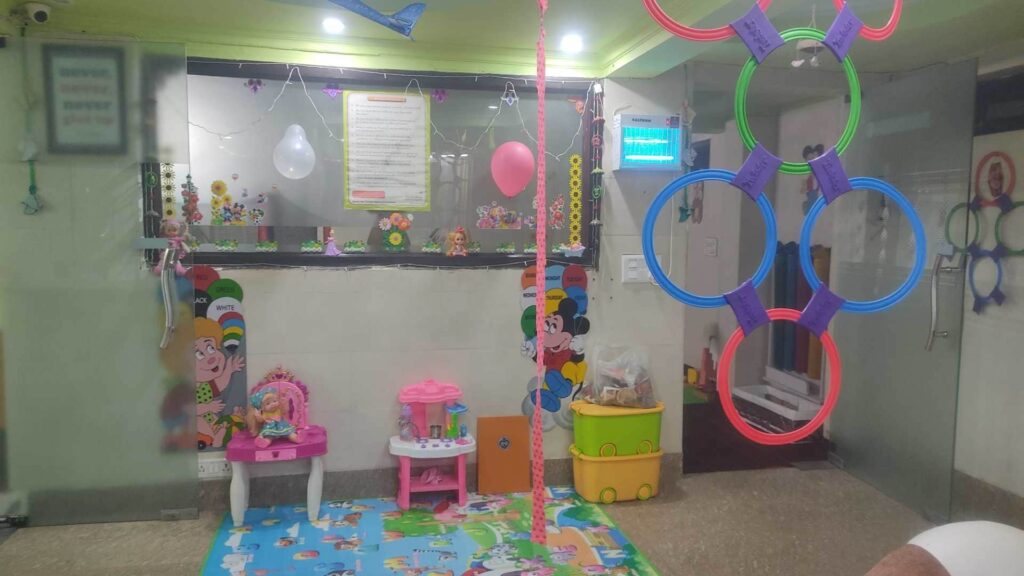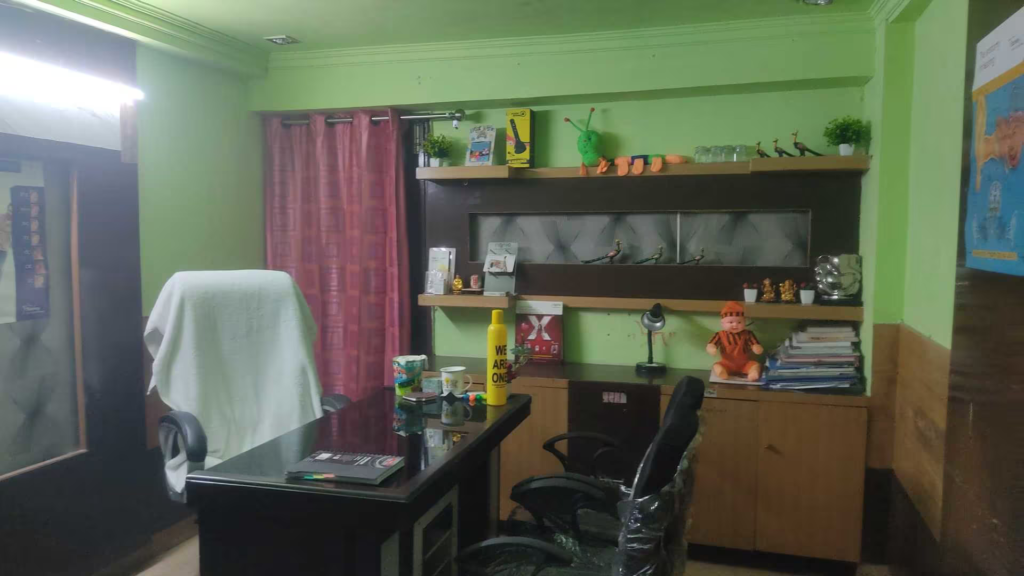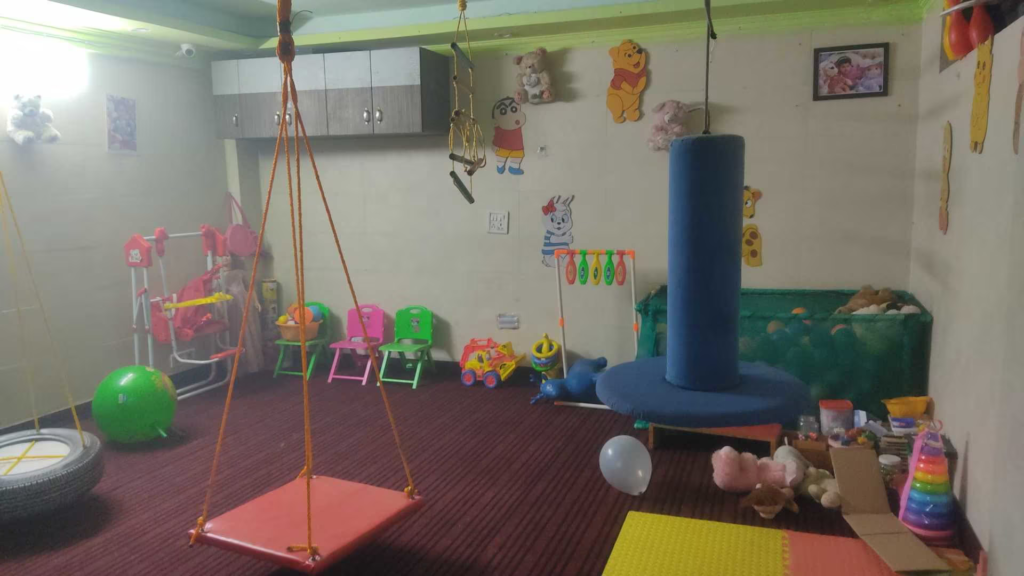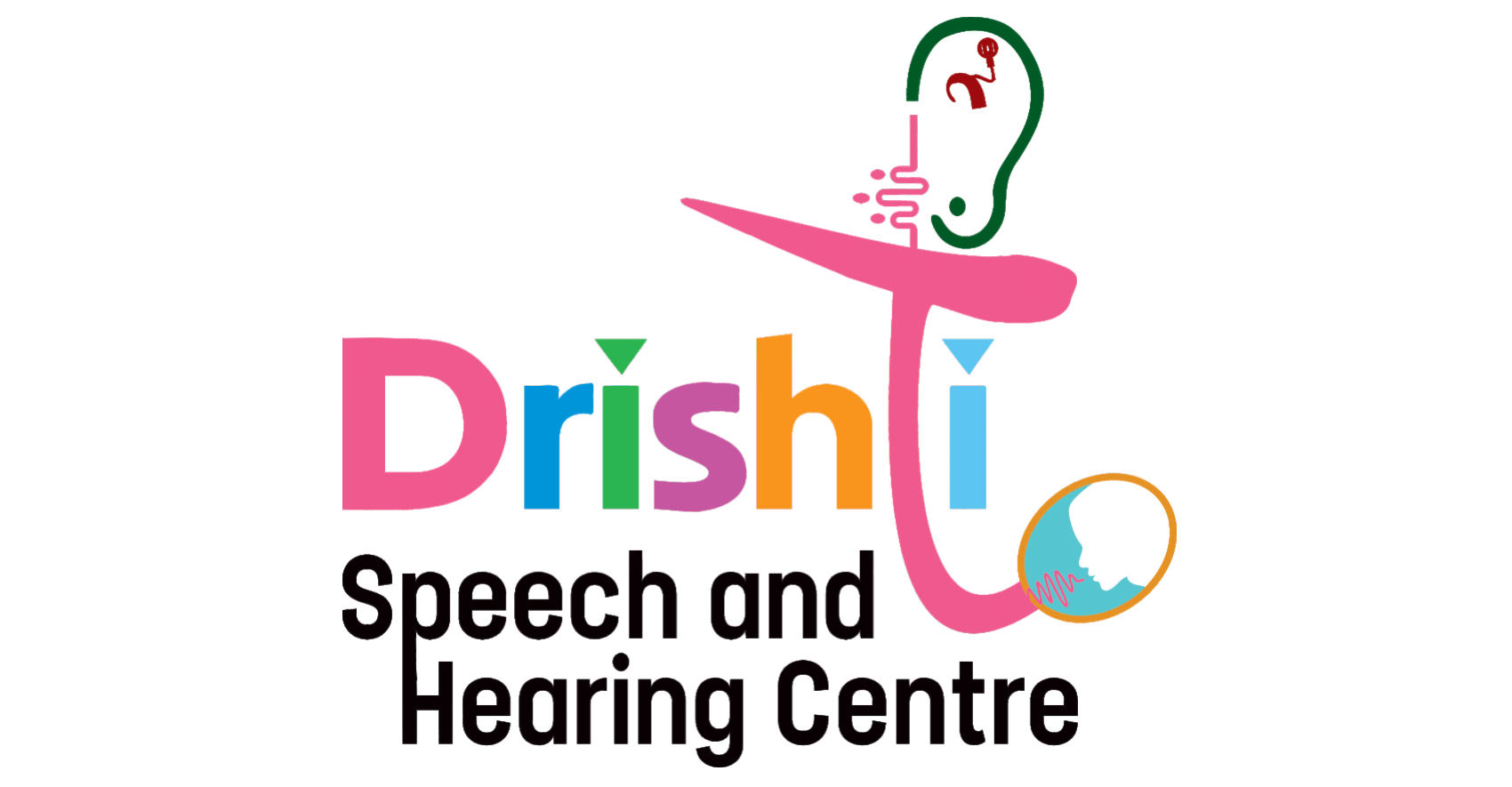Special Education

Key Components of Special Education
The components of quality education include entrance quality, teaching and learning quality, frame quality, relevance quality, and management quality. One of the components of quality education is music education, which is considered an important aspect of aesthetic education.
1. Assessment and Diagnosis: Comprehensive evaluation of an individual’s communication abilities and swallowing function. This may involve standardized tests, observational assessments, and interviews with parents or caregivers.
2. Individualized Treatment Plans: Based on the assessment, SLPs develop personalized therapy plans tailored to the specific needs and goals of the individual.
3. Therapeutic Interventions: Implementing various techniques and exercises to improve communication and swallowing skills.
4. Family and Caregiver Involvement: Educating and involving families and caregivers to support and reinforce therapy goals at home.
5. Progress Monitoring: Regularly assessing the individual’s progress and adjusting the treatment plan as needed.
Benefits of Special Education
Special needs schools and programs are a great option for many kids. They offer tailored instruction, specialized support, and crucial resources and services. Sometimes, though, they can lead to a lack of integration, problems transitioning to a regular school, and negative stigmas.
Improved Communication: Enhances the ability to express thoughts, ideas, and emotions effectively.
Better Social Interaction: Facilitates improved interactions with others and enhances social participation.
Enhanced Academic Performance: Supports language development, which is crucial for learning and academic success.
Increased Independence: Promotes the ability to perform daily activities independently, especially for those with swallowing disorders.
Higher Quality of Life: Reduces frustration and improves overall well-being by addressing communication and swallowing difficulties.



